Good Sleeping Habits
Mrobbins
12 years ago
Related Stories

HOMES AROUND THE WORLDHousehold Habits and Customs to Borrow From Other Countries
Discover why salt may be the perfect house-warming gift, how to clean rugs in snow and why you should invest in a pair of ‘toilet slippers’
Full Story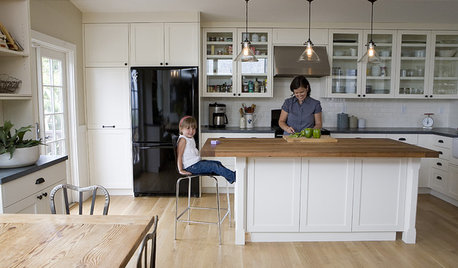
KITCHEN DESIGNEcofriendly Kitchen: 9 Healthy Lifestyle Habits
Good for your body often means good for the planet. These kitchen ideas can help make your cooking and eating routines better for both
Full Story
FEEL-GOOD HOMEIs Your Bedroom Designed for a Good Night’s Sleep?
Find out how the right nightstands, bedding, rugs, TV and storage can help you get more restful slumber
Full Story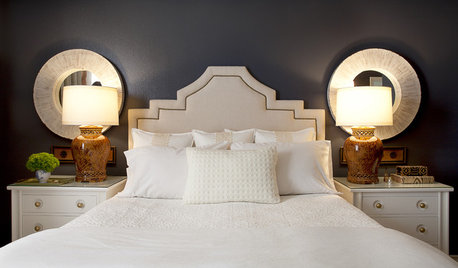
DECORATING GUIDES8 Decorating Ideas for a Good Night's Sleep
Could your bedroom be keeping you awake? Here's how to design a space for rest and recharging
Full Story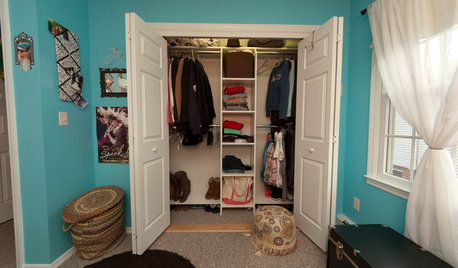
ORGANIZING7 Habits to Help a Tidy Closet Stay That Way
Cut the closet clutter for a lifetime — and save money too — by learning how to bring home only clothes you love and need
Full Story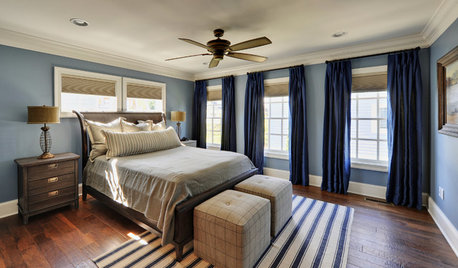
COLORBedroom Color: The Secret to More Sex and More Sleep
Look to surprising revelations about bedroom wall colors to get more of what you want
Full Story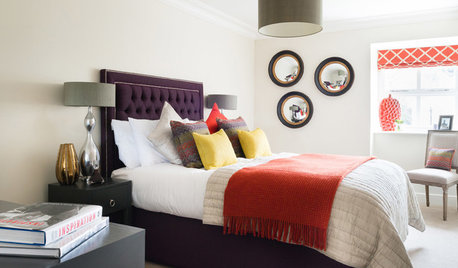
BEDROOMS8 Quick Fixes to Cozy Up Your Sleep Space
Autumnal hues and rich textures will help create a snug bedroom you won’t want to leave
Full Story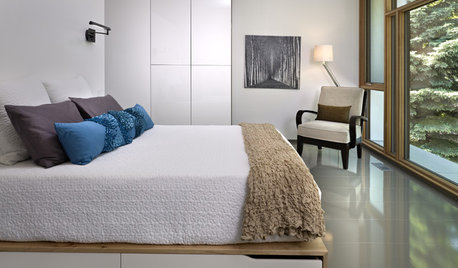
HEALTHY HOMESleep Happier and Healthier in a Toxin-Free Bedroom
Light pollution, toxic bedding, wallpaper that off-gases ... if you're not getting good sleep, these bedroom blights might be to blame
Full Story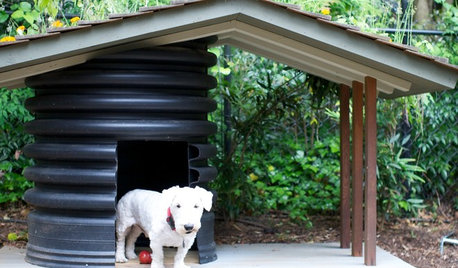
PETSHow to Help Your Dog Be a Good Neighbor
Good fences certainly help, but be sure to introduce your pup to the neighbors and check in from time to time
Full Story
HEALTHY HOME16 Ideas for a Healthy, Feel-Good Home
Making these small tweaks and bigger shifts at home can help you thrive everywhere you go
Full Story





mawheel
calliope
Related Professionals
Danbury Landscape Architects & Landscape Designers · Summit Landscape Architects & Landscape Designers · Aurora Landscape Contractors · Pottstown Landscape Contractors · Gloucester Landscape Contractors · Melrose Park Landscape Contractors · Midland Landscape Contractors · Severna Park Landscape Contractors · Suisun City Landscape Contractors · Aventura Decks, Patios & Outdoor Enclosures · Liberty Decks, Patios & Outdoor Enclosures · Pooler General Contractors · Lincoln General Contractors · Millbrae General Contractors · Warren General Contractorsrob333 (zone 7b)
MrobbinsOriginal Author
calliope
calliope
Janis_G
west_gardener
meldy_nva
rhizo_1 (North AL) zone 7
anneliese_32
tibs
User
west_gardener